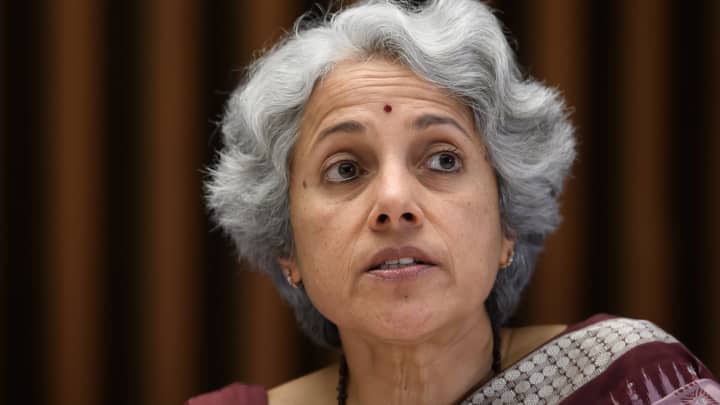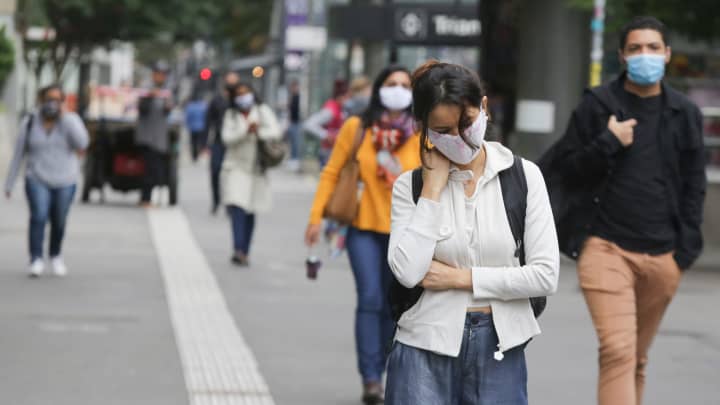- Dr. Soumya Swaminathan, the World Health Organization’s chief scientist, told the Financial Times’ Global Boardroom webinar on Wednesday: “I would say in a four to five-year timeframe, we could be looking at controlling this.”
- To date, more than 4.3 million people have contracted the Covid-19 infection, with 297,465 deaths worldwide, according to data compiled by Johns Hopkins University.
- In recent weeks, some countries have sought to gradually relax restrictions, allowing some shops and factories to reopen.

The coronavirus pandemic may continue into the latter half of the decade, a senior global health official has warned, as the death toll of the virus approaches the grim milestone of 300,000.
Dr. Soumya Swaminathan, the World Health Organization’s chief scientist, told the Financial Times‘ Global Boardroom webinar on Wednesday: “I would say in a four to five-year timeframe, we could be looking at controlling this.”
Swaminathan said a vaccine appeared to be the “best way out” at present but warned there were lots of “ifs and buts” about its safety, production and equitable distribution.
The development of an effective vaccine and successful confinement measures were both among the factors that would ultimately determine the pandemic’s duration, she added, the FT reported.
To date, more than 4.3 million people have contracted the Covid-19 infection, with 297,465 deaths worldwide, according to data compiled by Johns Hopkins University.
It is possible the virus ‘may never go away’
A global public health crisis has meant countries have effectively had to shut down, with many world leaders imposing stringent restrictions on the daily lives of billions of people.
The lockdown measures, which vary in their application but broadly include school closures, bans on public gatherings and social distancing, are expected to result in the worst economic downturn since the Great Depression in the 1930s.
In recent weeks, some countries have sought to gradually relax restrictions, allowing some shops and factories to reopen.

However, the emergence of new Covid-19 cases in South Korea and China has exacerbated concerns about the potential for a second wave of infections.
The International Energy Agency on Thursday estimated that the number of people living under some form of confinement measures at the end of May would drop to 2.8 billion people worldwide, down from a recent peak of 4 billion.
At a separate media briefing, Dr. Mike Ryan, executive director of the WHO’s emergencies program, said at the organization’s Geneva headquarters on Wednesday that the coronavirus “may never go away.”
When asked to address Swaminathan’s comments earlier in the day, Ryan said no one would be able to accurately predict when the disease might disappear.
He added that trying to control the virus would require a “massive effort,” even if a vaccine is found.

@SMEREDITH19































